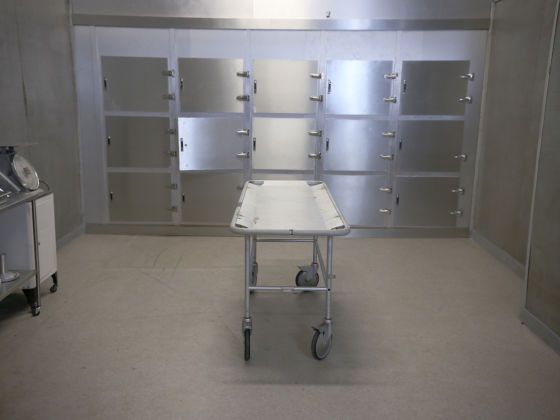Morbid as it might be to say this, there is always a chance you might die on vacation. No, we’re not trying to be alarmist. Or suggest that there is anything, anywhere in the world, going on right now that might increase the chances of said vacation expiration. But to be totally philosophical, nothing in life is guaranteed, and on the off chance you or someone you love dies while they’re traveling abroad, it’s good to know what the next steps are to get your body home.
The short story is that it’s not easy. Or at least so says Matt Napiltonia, the former Navy SEAL and Army Medical Services Officer who now serves as the Senior Operations Officer for Global Rescue. Among other things, his company handles getting mortal remains transported across borders, and he broke down for us what happens from the minute you die to the time your body gets on a plane home.
